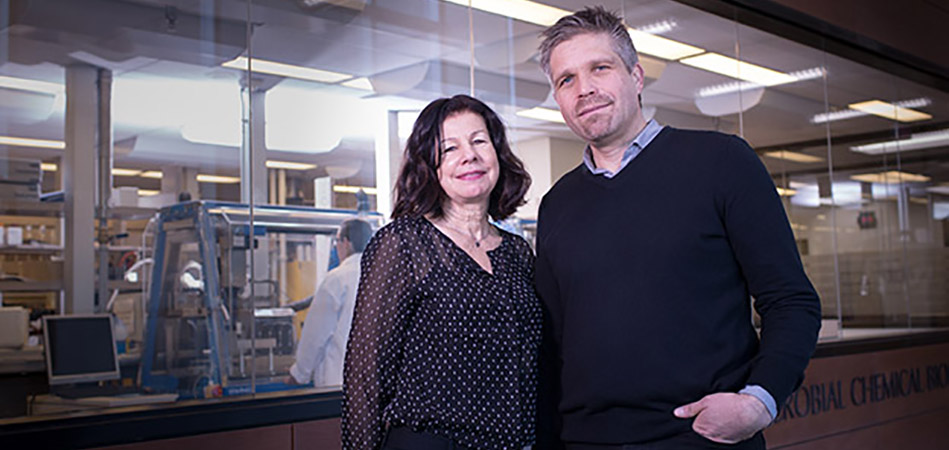McMaster experts say Pablo Neruda did not die of cancer

Debi Poinar, research associate in the Department of Anthropology, and Hendrik Poinar, director of McMaster’s Ancient DNA Centre and a professor in the Department of Anthropology and the Michael G. DeGroote Institute for Infectious Disease Research.
After months of painstaking research and analysis—much of it conducted at McMaster’s Ancient DNA Centre—an international team of genomics experts and forensic investigators have concluded that Chile’s celebrated Nobel prize-winning poet Pablo Neruda did not die from prostate cancer, which was determined to be his official cause of death decades ago.
 Neruda mysteriously died in 1973, just days after the bloody coup by General Augusto Pinochet. In 2016, the Chilean Government acknowledged that it was “clearly possible and highly probable” that Neruda was murdered.
Neruda mysteriously died in 1973, just days after the bloody coup by General Augusto Pinochet. In 2016, the Chilean Government acknowledged that it was “clearly possible and highly probable” that Neruda was murdered.
The team, which included evolutionary geneticist Hendrik Poinar and research assistant Debi Poinar, analyzed bone and teeth remains in an attempt to identify pathogens, including Staphylococcus aureus, which was found in the bone remains of Neruda in 2014.
They did discover what could be a potentially deadly bacteria in a molar sample, but its origin is still unknown. Further analysis will be conducted over the course of the next year.
For more on the story, which was covered by news outlets all over the world, read coverage by the New York Times.

